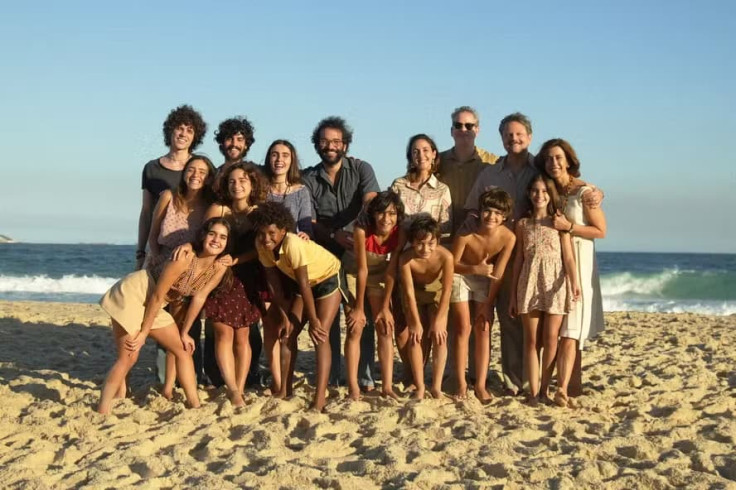
Stories that touch and connect with real, human emotions often dominate awards season, and 'I'm Still Here', a gem straight from Brazil, is no exception.
Directed by Walter Salles, the film has been selected for the 2025 Golden Globes in the Best Foreign Language Film category and submitted by Brazil for consideration in the Oscars' Best International Feature Film category.

Should it secure a nomination, 'I'm Still Here' would break Brazil's 25-year drought in this category, with the last finalist being 'Central do Brasil' in 1999, a film also directed by Salles.
"Brazilian cinema has been silenced by the double pandemic... It's easy to destroy things, but much harder to build. For four years, Brazilian cinema has been constrained to silence," Salles remarked during a press event at the Marrakech International Film Festival.
The acclaimed film faces tough competition among other films submitted for the Oscars, scheduled for March 2, 2025.
However, it has already gained a lot of recognition, winning Best Screenplay at the Venice Film Festival in September 2024, where it received a standing ovation, particularly for Fernanda Torres' impeccable performance as the lead.
She is also nominated for the Golden Globes as best actress.
What is 'I'm Still Here' about?
The film tells the story of the progressive Paiva family, with five children, navigating life during Brazil's military dictatorship from 1964 to 1985. It is based on Marcelo Rubens Paiva's book, inspired by his family's struggles after his father was abducted and murdered by the regime in 1971.
Published in 2015, Rubens' work reconstructs his parents' lives and family memories, a process Salles describes as "a profound and heartbreaking depiction of maturity and beauty."
He adds, "It intertwines 30 years of Brazilian history. I know this family; I visited that house. At the time, we believed another country was possible." The film centers on the family's shattered dreams and their gradual journey of healing.
Despite being a Brazilian film about Brazilian history, released there in early December, Salles emphasized its universal appeal: "Different generations go to the cinema together, and they often stay through the credits, discussing the film. It's a gift to witness this collective experience that cannot be replicated elsewhere. Through these moments, you understand how literature and cinema are powerful tools against forgetting, sparking questions, debates, and feelings you may have never encountered before."
Far from a simple adaptation, 'I'm Still Here' is a dialogue between Salles' personal memories, the Paiva family's history, and Brazil's collective trauma. It invites reflection on a painful period, offering a deeper understanding of the past while encouraging the avoidance of repeated mistakes.
© 2025 Latin Times. All rights reserved. Do not reproduce without permission.




